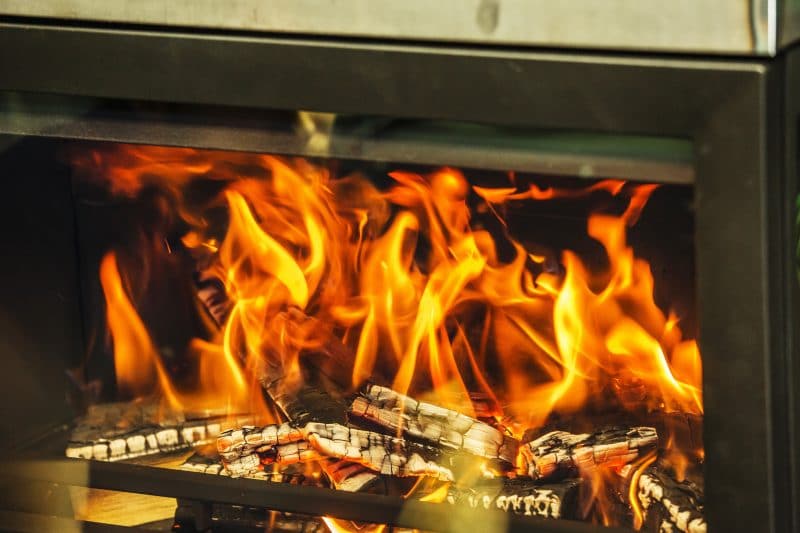Solution provider

Danish Technological Institute (DTI) is an independent and non-profit research and development institute. DTI is approved as an RTO by the Danish Minister of Higher Education and Science.
Case
Air pollution
Air pollution from industry production
Climate change adaptation
+1


Danish Technological Institute (DTI) is an independent and non-profit research and development institute. DTI is approved as an RTO by the Danish Minister of Higher Education and Science.
Add the case to your visit request and let us know that you are interested in visiting Denmark
In Denmark, the biggest source of harmful particle pollution is wood stoves. Therefore, a large project funded by The Danish Environmental Protection Agency has been initiated to identify which initiatives and technologies are the most efficient for reducing emissions under real-life conditions. A residential neighbourhood in Aarhus, the second largest city in Denmark, will be fitted with a network of sensors enabling real-time monitoring of the particle and NOx concentrations in the local environment, both indoors and outdoors. The project aims at testing the effects of automatically controlled stoves, low emission stoves, education and digital nudging tools aimed at the users, draft boosters, filters and catalysts. By conducting various tests, the project will provide essential knowledge on which initiatives and technologies that have the largest emission reduction compared to the price. A 50 per cent reduction of emissions related to wood stoves is expected in the test zone. If implemented nationally, this would correspond to a yearly particle emission reduction of 7,500 tonnes and a black carbon reduction of 2,000 tonnes.
Courtesy: Danish Technological Institute, Aduro, HWAM, Morsø, Heta, Schiedel, Exodraft, Blue Chimney, Leapcraft, Katzenmark, SBI, Danish Centre For Environment And Energy